TransferWise announced that the new multi-currency account it initially introduced to businesses last year will be rolled out to consumers in the first quarter of 2018. The borderless accounts enable users to hold and convert up to 28 currencies at the real exchange rate; get bank details instantly from the U.K., E.U., Australia, and the U.S.; and to receive money transferred from abroad in GBP, EUR, AUD, and USD for free.
They are also free to open and do not require an overseas address. New users get a British account number and sort code, a European IBAN, an Australian account number and BSB code, and an American account number and routing number. There is a small fee for converting across currencies and for cash withdrawals, but there are no charges for monthly setup or receiving fees.
“Multi-currency accounts have been available from banks at extortionate prices for years, but for the first time we’re bringing true, multi-country banking – with real bank details in key currencies – to any one who needs it,” said TransferWise co-founder and chairman Taavet Hinrikus.
TransferWise made borderless accounts available to business customers as of May of last year, but did not come with the debit card the 2018 offering will have. The company told TechCrunch that the accounts are best thought of as a “companion account that solves a couple of different but fundamental problems.” Business Insider suggested that the account and debit card combo from TransferWise will help the company serve what it called the “competitive travel money market” as well as a counter to the challenge of fintechs like Revolut and its low-fee foreign exchange card.
The news from TransferWise comes just a few months after the company’s successful $280 million Series E round led by Old Mutual Global Investors. This added to the company’s valuation, last reported at $1.1 billion in 2017. Founded in 2010 and headquartered in London, U.K., TransferWise demonstrated its platform at FinovateEurope 2013. The company was named to the European Fintech 100 in September, along with several of its fellow Finovate alums, and earned a spot on CB Insights Fintech 250 list. In July, TransferWise announced that co-founder Kristo Kaarmann would take over as CEO from Taavet Hinrikus, who transitioned to the role of chairman.
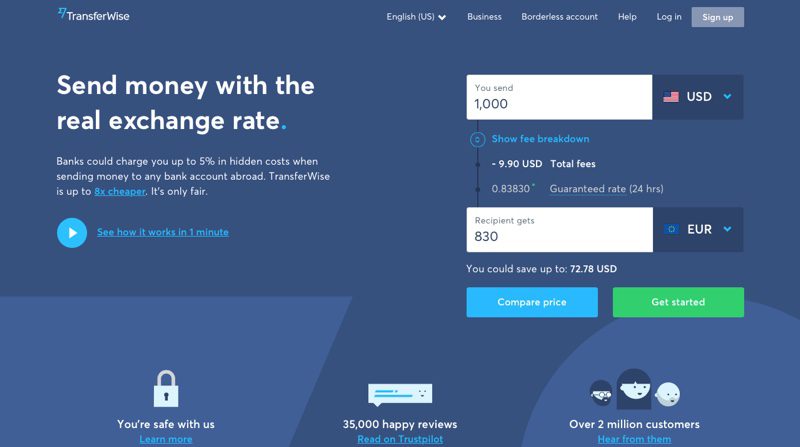
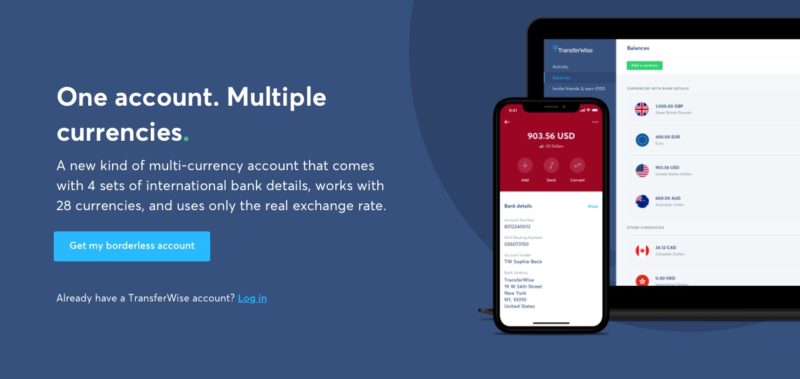
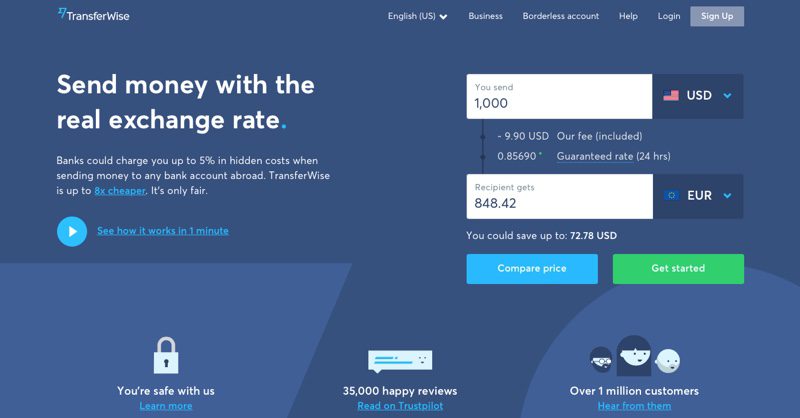


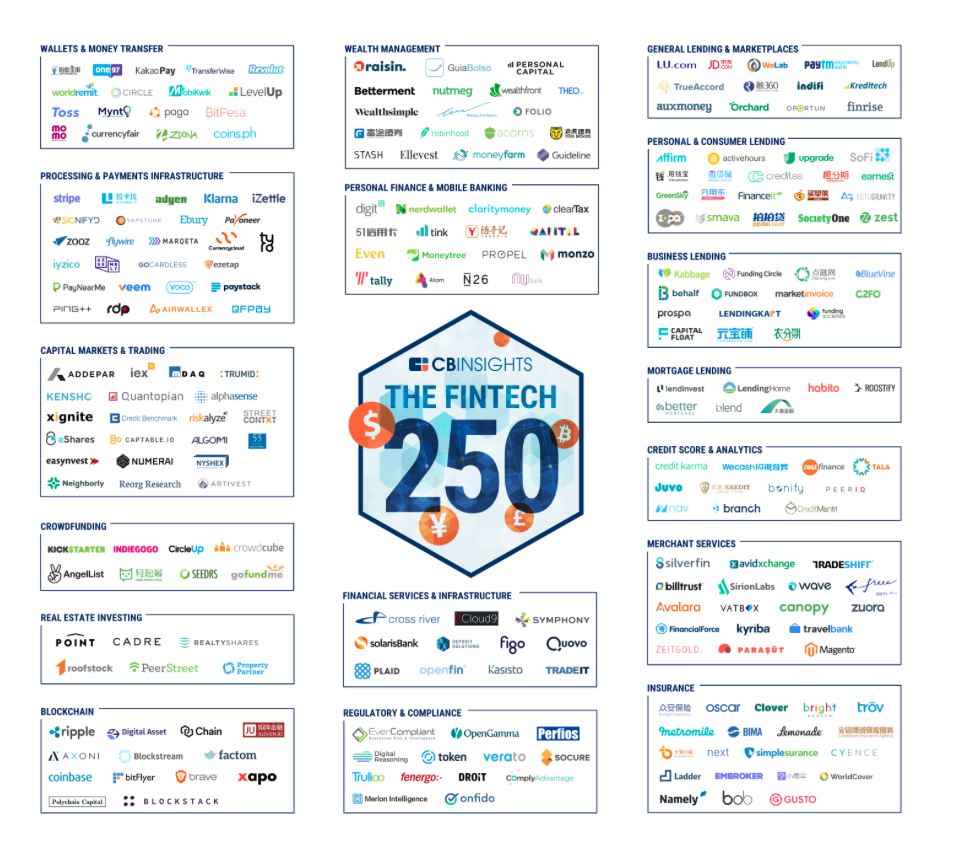
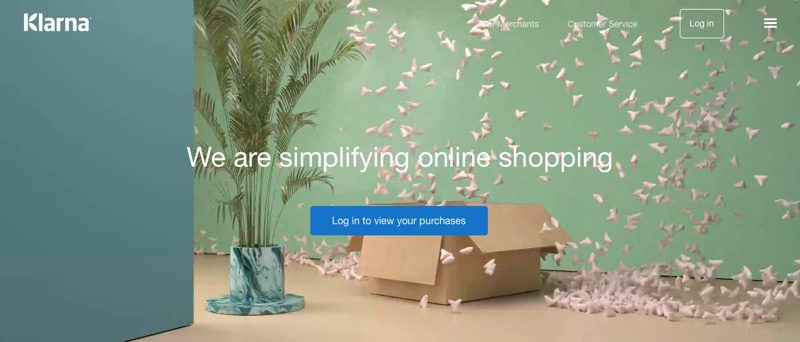
 Highlighting the company’s history as a e-commerce innovator and its future as a “consumer-oriented, product driven, and technology intensive bank,” Siemiatkowski trained his sights on retail banking itself. “We will … (provide) solutions that ensure a smooth customer experience, help people streamline their financial lives and continue to support businesses by solving the complexity in handling payments,” he said, adding, “the opportunities are tremendous, it is a thrilling prospect.”
Highlighting the company’s history as a e-commerce innovator and its future as a “consumer-oriented, product driven, and technology intensive bank,” Siemiatkowski trained his sights on retail banking itself. “We will … (provide) solutions that ensure a smooth customer experience, help people streamline their financial lives and continue to support businesses by solving the complexity in handling payments,” he said, adding, “the opportunities are tremendous, it is a thrilling prospect.”